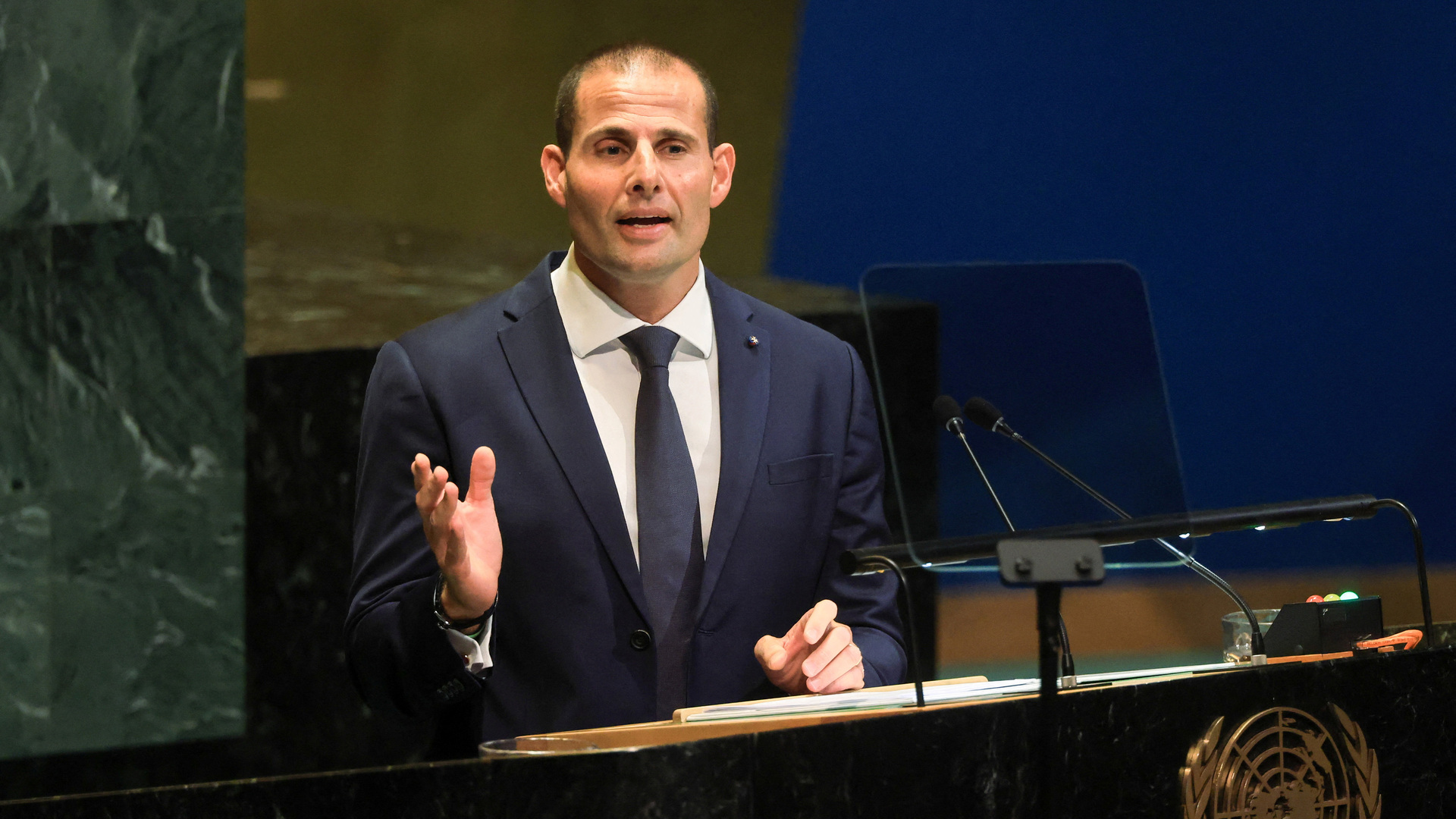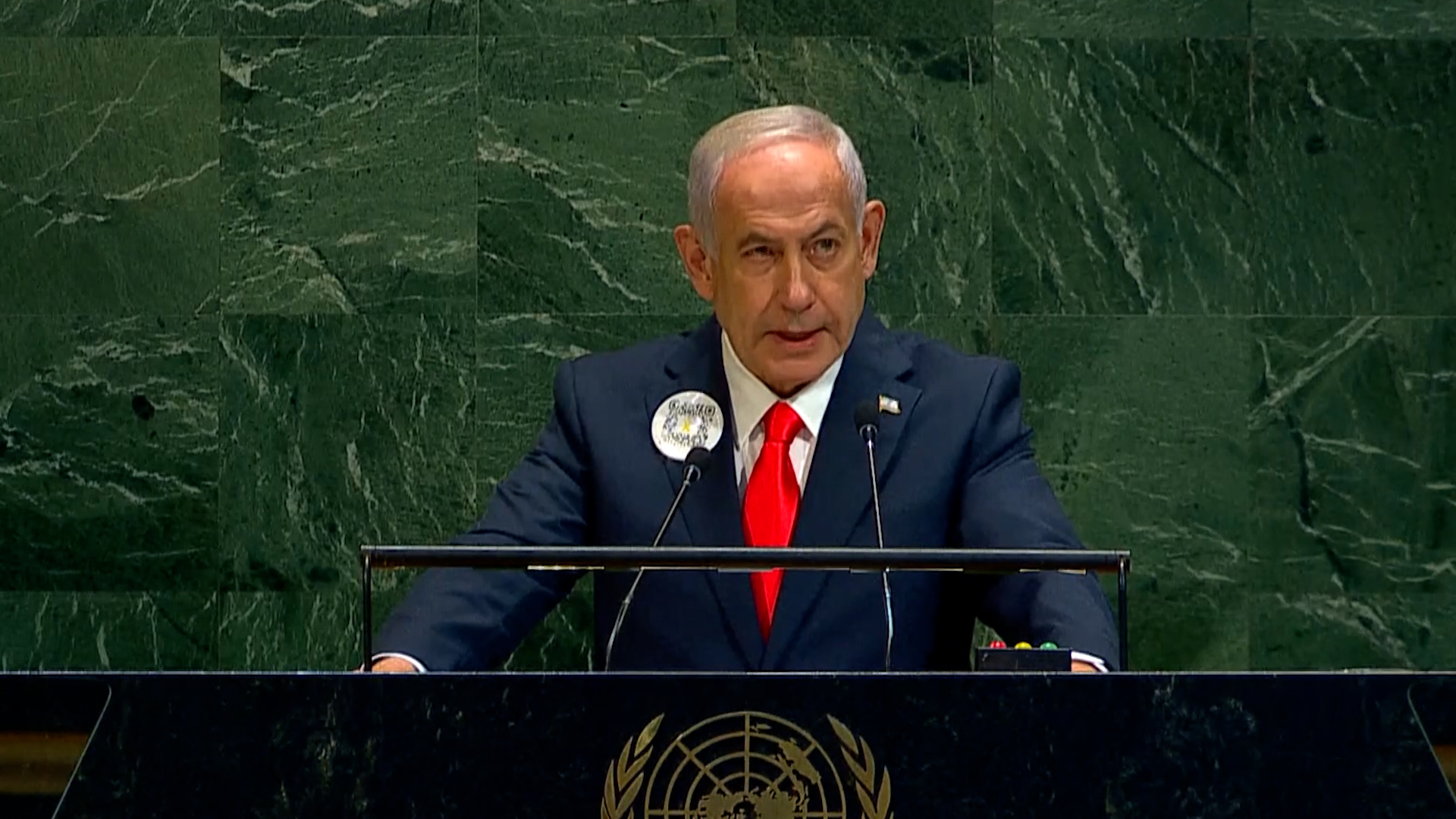A seasoned globetrotter has visited more than 90 countries and has one ‘soulless spot’ he has no desire to revisit – and its not just the culture that has put him off
A well-travelled explorer who has visited more than 90 nations spanning six continents has revealed which region he considers his worst destination.
Gabriel Morris, a globe-trotting YouTube content creator, has spent over three decades travelling the world.
To be precise, Gabriel has visited “97 United Nations member states plus the three disputed countries of Kosovo, Northern Cyprus, and Taiwan which do not have UN member status.”
Yet, there’s one ‘soulless spot’ from his vast travels that he has pledged never to return to.
With 613,000 subscribers on YouTube, Gabriel’s travel content regularly garners substantial attention and engagement from fellow explorers and enthusiasts keen to learn about his adventures, reports the Express.
In his latest video titled ‘I’ve Been to 100 Countries – Which Place is the Worst?’, the YouTuber revealed that the Persian Gulf (Arabian Gulf) ranks as the most disappointing location he’s experienced.
Speaking to his viewers, Gabriel explained: “I’ve seen a fair amount of the world and many of those countries I’ve been to over and over and travelled around a lot. I’ll just tell you at the beginning here, my least favourite part of the world is the Persian Gulf (Arabian Gulf).”
It’s worth noting Iran refers to it as the Persian Gulf, whilst the nations situated on the southern and western shores of the Gulf call it the Arabian Gulf.
So, why does Gabriel find the Persian Gulf region less appealing?
The content creator explains: “Now, I haven’t been to Iran, and Iran looks absolutely incredible. And so I’m not including Iran in this. I don’t know that along the Persian Gulf there is anything especially nice to see there.”
Gabriel has travelled to countless destinations around the Persian Gulf, including Saudi Arabia’s Riyadh and Jeddah, where he rented a vehicle for a day to explore beyond the urban limits, plus Kuwait, Bahrain, Qatar, and the United Arab Emirates, encompassing Dubai and Abu Dhabi.
Yet none of these destinations particularly enchanted him.
He said: “There’s a little bit more to see in the desert outside of the cities, but not very much. Mostly it’s just flat desert. Basically, I am thinking of the main cities on the Persian Gulf, and then including the cities of Saudi Arabia, which aren’t near the Persian Gulf but do border it. I just find these cities to be devoid of anything particularly interesting as a traveller. I find them to be very boring and stale.
“The streets are practically empty of people other than those in their cars. You don’t get the bustling, busy marketplace experience. All of those cities are built in a very similar style of massive skyscrapers. It makes for an impressive skyline, but then you get there on the ground and it’s big, wide streets that can be almost impossible to cross. There’s lots of traffic, massive distances, and not really anything that I want to do there. You can go in malls, you can go to some restaurants. Alcohol is banned for the most part, so that’s another drawback.”
Branding them as “soulless”, Gabriel added: “I just find them to be kind of soulless and not unique in any way. You could drop me in any one of those cities and not tell me which one it is, and unless you had a view of, say, the Burj Khalifa in Dubai or some particular landmark, if you were in a typical neighbourhood you couldn’t distinguish it from any of the others. They’re all built exactly the same and just super boring. Now, they aren’t bad places to live necessarily or to raise a family. They are safe, they’re clean, and they’re hassle-free. There’s no hustling, scams, or anything really to worry about.”
Apart from Qatar and Dubai, which Gabriel ranks as his top two destinations respectively, Gabriel reckons that of all the places around the world, he has “no desire to go back to that part of the world”, though he admits the culture is “certainly fine”.
Nevertheless, Gabriel thinks there’s another problem at hand.
He explained: “Most of the people you’re going to interact with aren’t even the local Saudis, Emiratis, Qataris, Kuwaitis, or Bahrainis, because the local populations in all those countries are actually a minority. The majority of people you’ll encounter are workers from South Asia – Indians, Pakistanis, lots of Bangladeshis – who are working in restaurants, malls, hotels, and other service positions.
“The locals, as I understand it, receive paychecks from oil revenue and don’t really have to work, at least not in the typical service jobs. Maybe that’s not true in every country, but in general, if they are working, it’s more likely to be in business or professional roles, so you’re unlikely to interact with them as a visitor. That’s just one more thing that makes the experience feel kind of watered down – you don’t really get much of a local cultural experience. So, it’s nothing personal against the people,” Gabriel concludes. The digital creator had a rather unnerving encounter in Kuwait City when he was stopped and questioned for filming.
Recalling the incident, Gabriel shared: “I think it was in Kuwait City where I got questioned for filming. I was filming near one of the palaces – or something like that – and I had made a point of not filming one particular place that I thought could be a problem.
“But then I started filming something else, and a security guard waved me over. At that point, you definitely don’t want to run or try to avoid them, because that just makes things worse. So I walked over, and I believe he spoke English. He asked me what I was filming for, asked a few questions, and then let me go. But despite the relatively harmless outcome, it was still a very harrowing experience in the moment – being questioned by an authority figure without knowing how it’s going to play out.”
Reflecting on the potential outcomes of the encounter, Gabriel added: “They could easily say, “I want you to talk to my superior,” and then you’re being taken into some office where they’re suspicious of you and start asking more questions. It’s always a pretty traumatic experience, and it basically makes you want to leave. That’s exactly how I felt afterward-I just hoped I could get out of there without any more hassle. So that was one more drawback.”
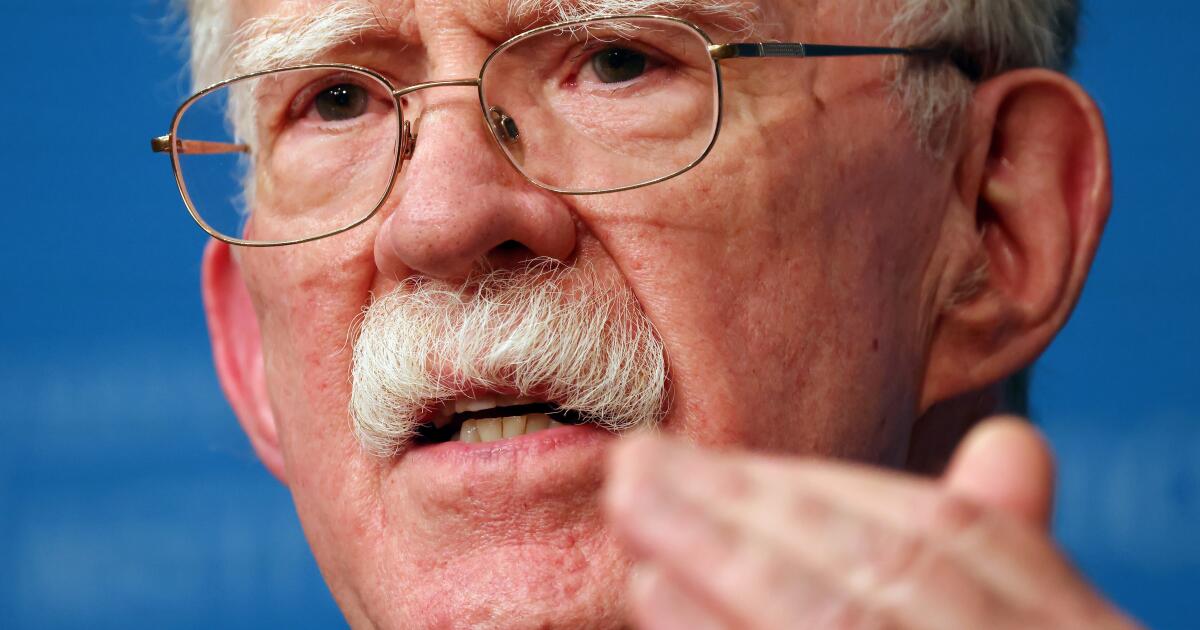
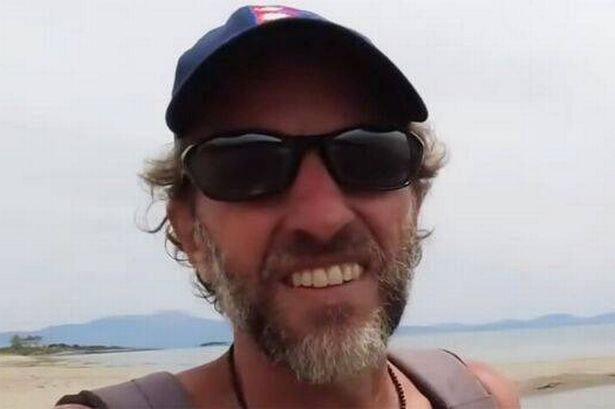
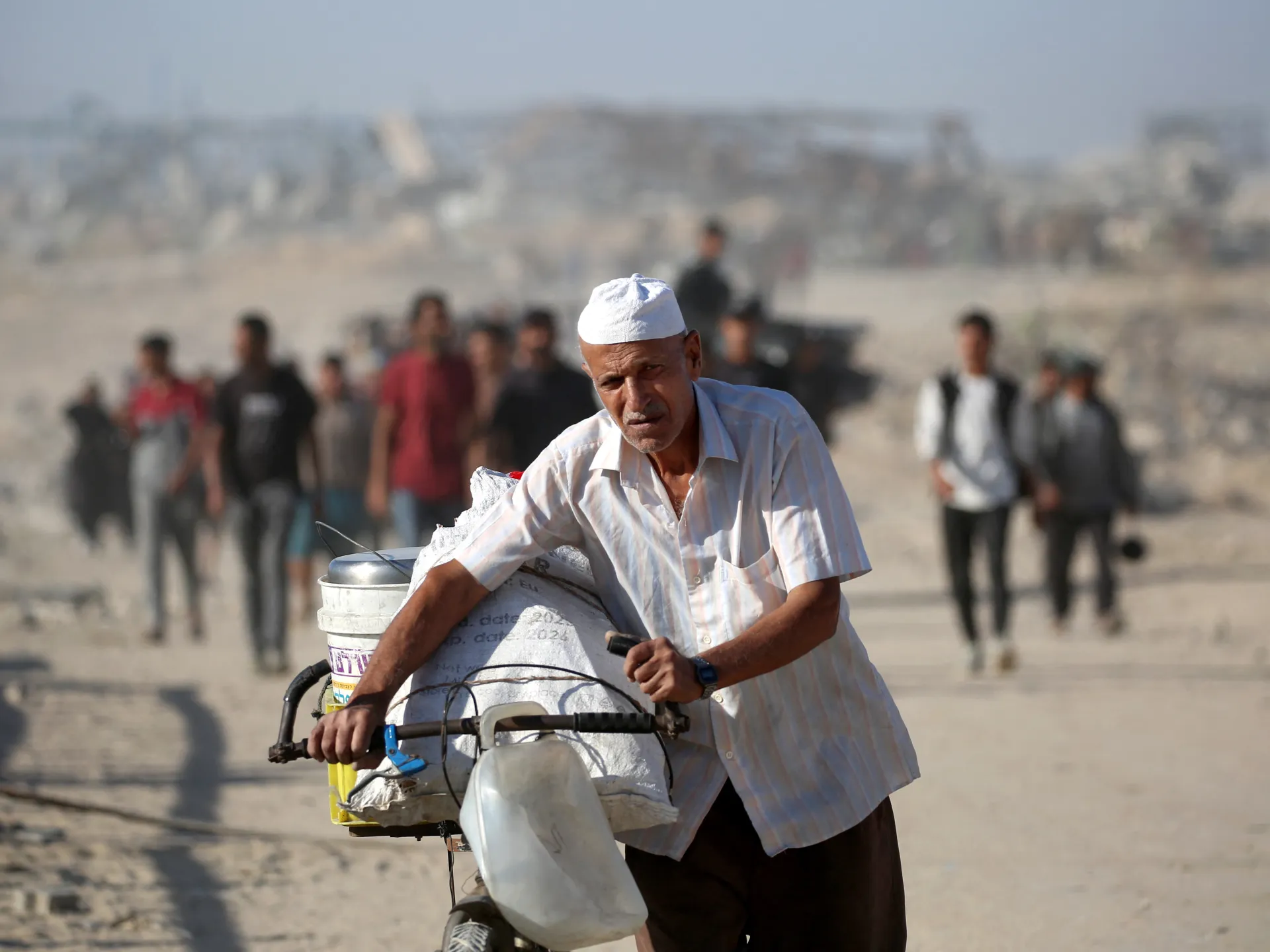
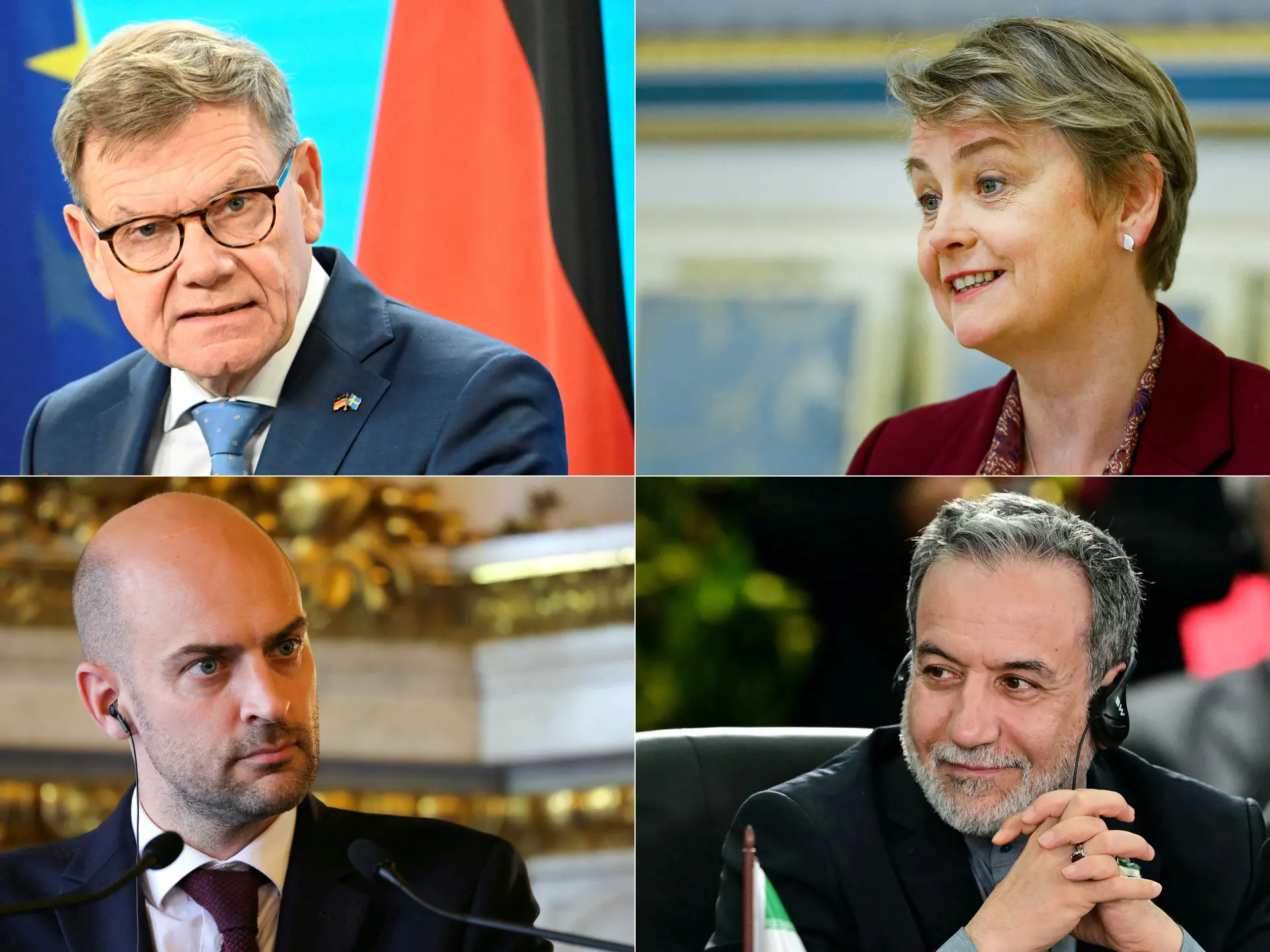
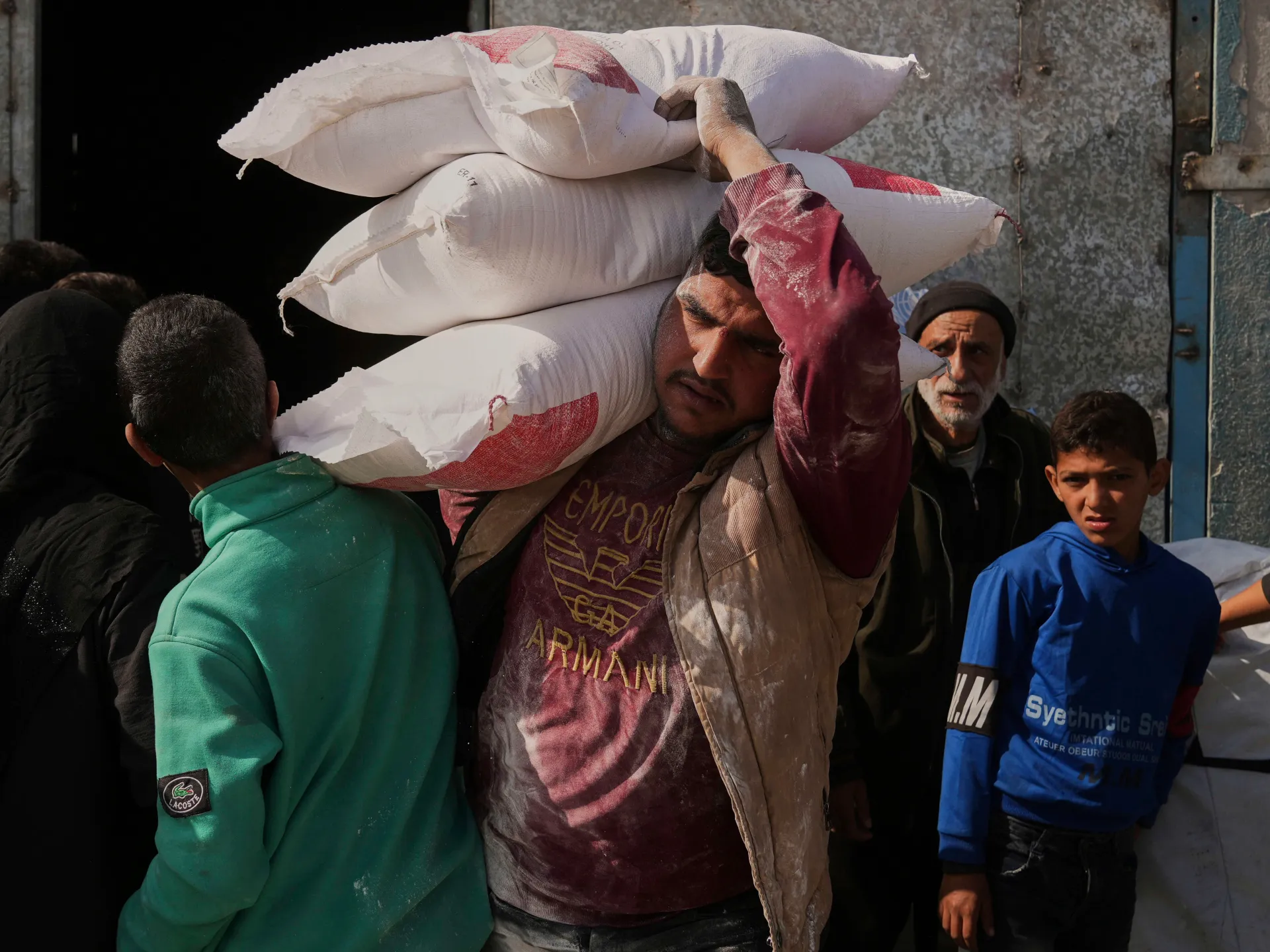
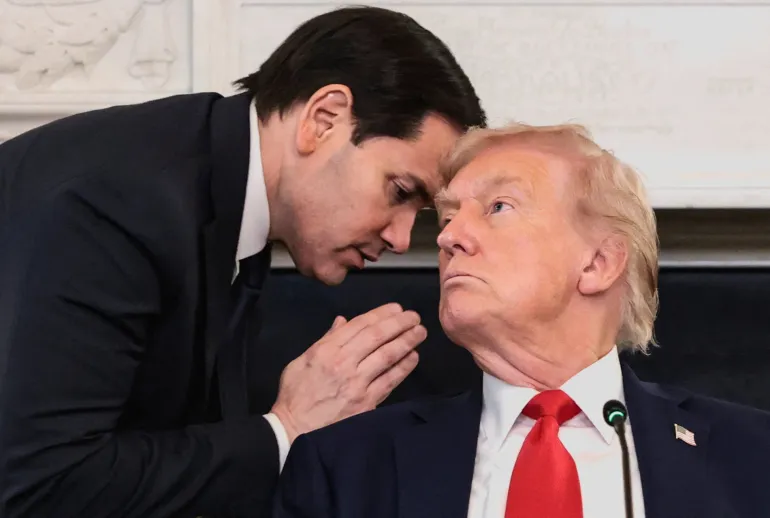

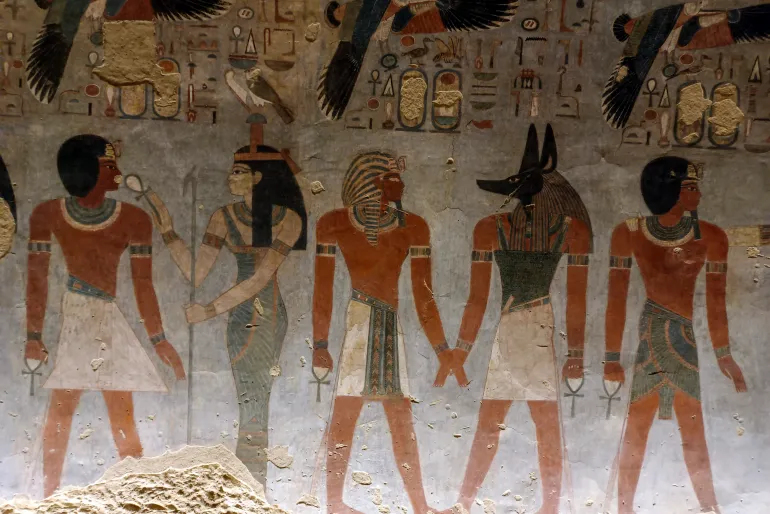
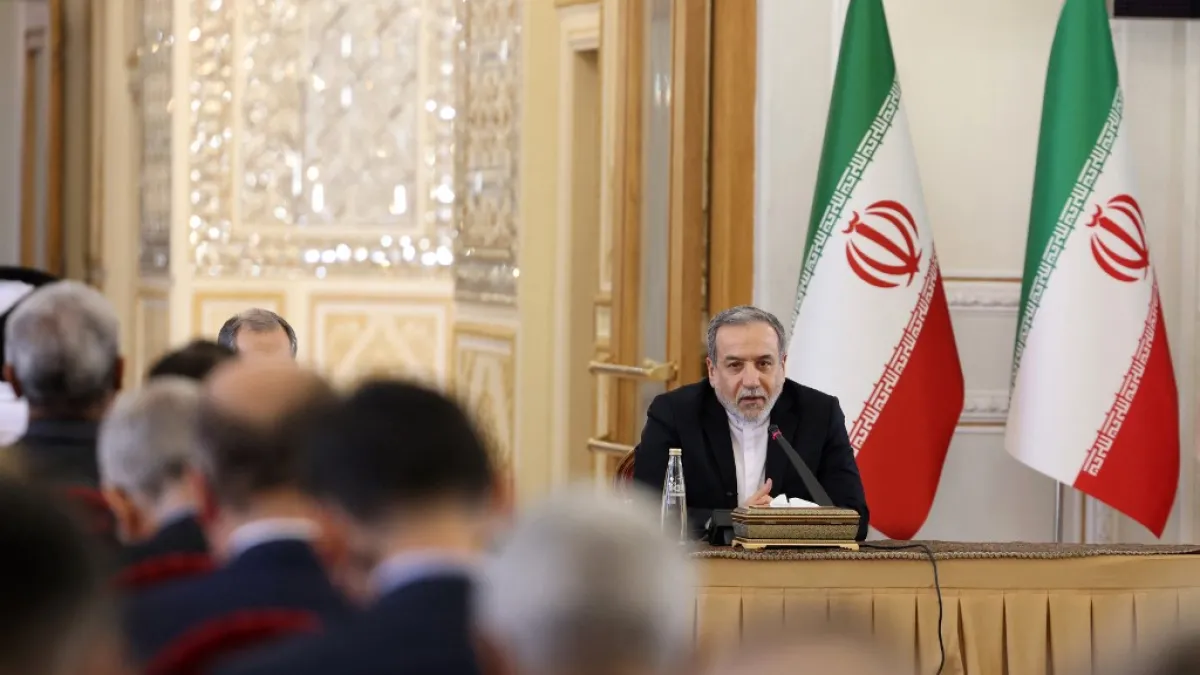
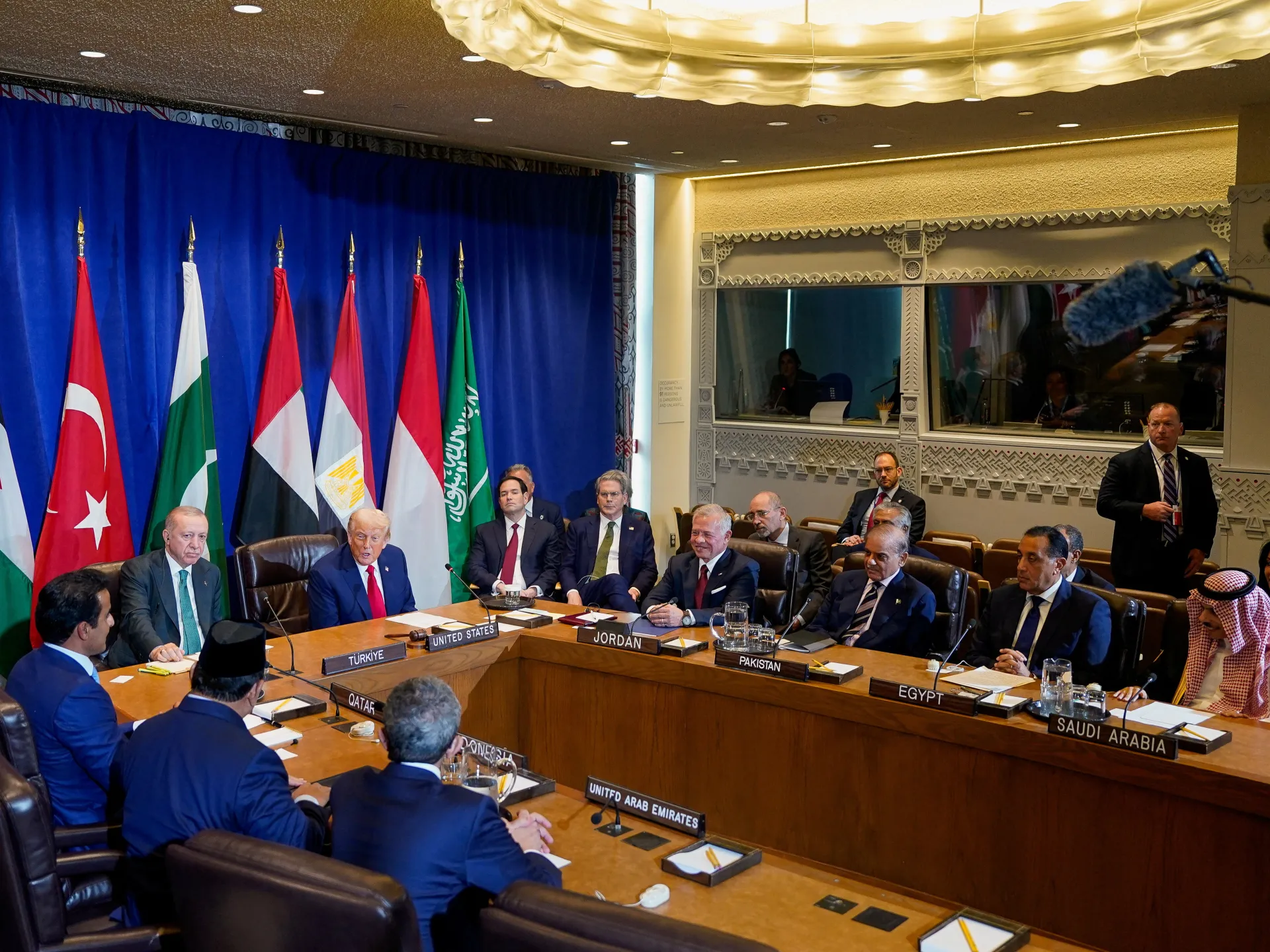
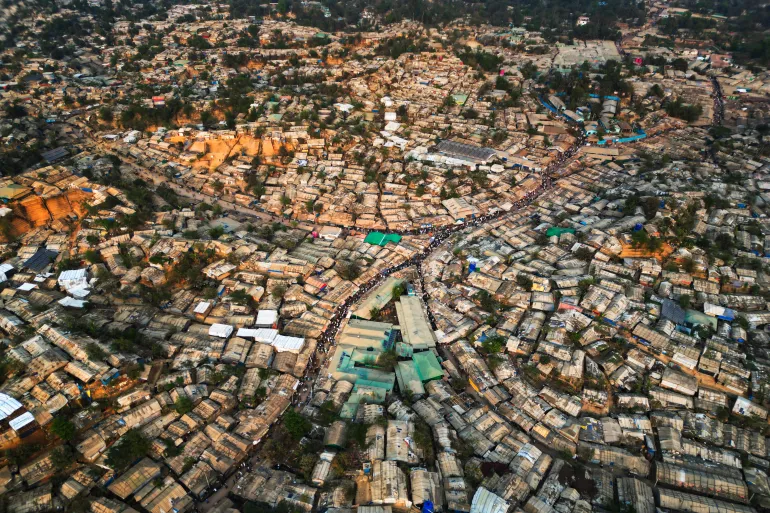
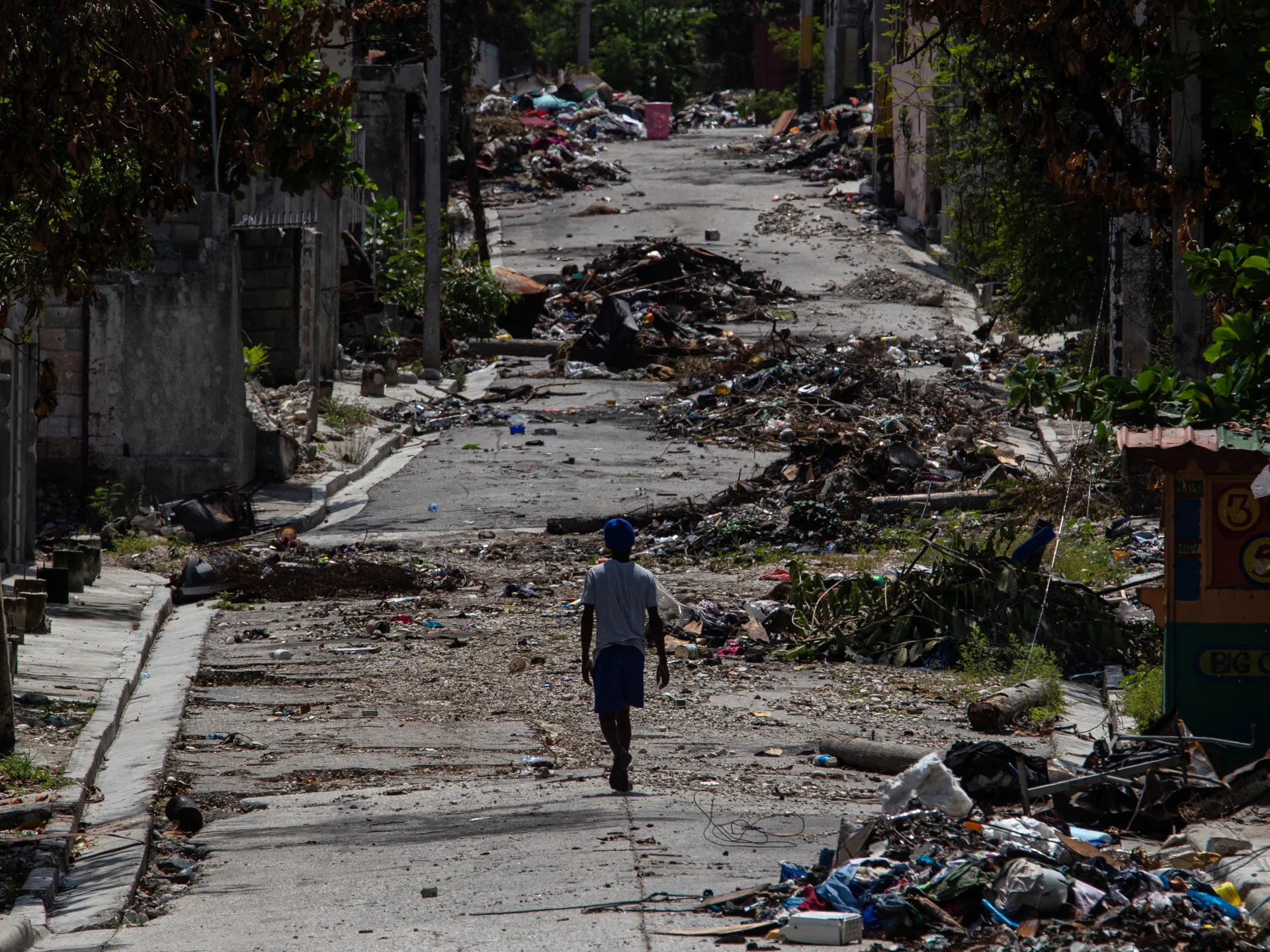

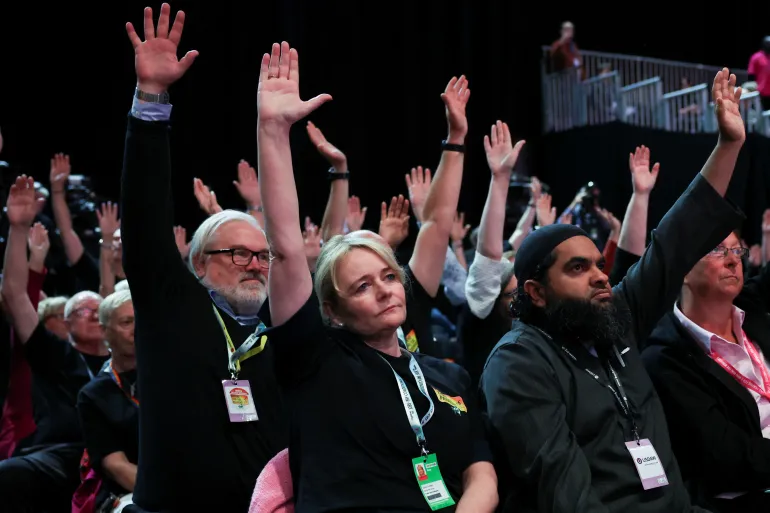
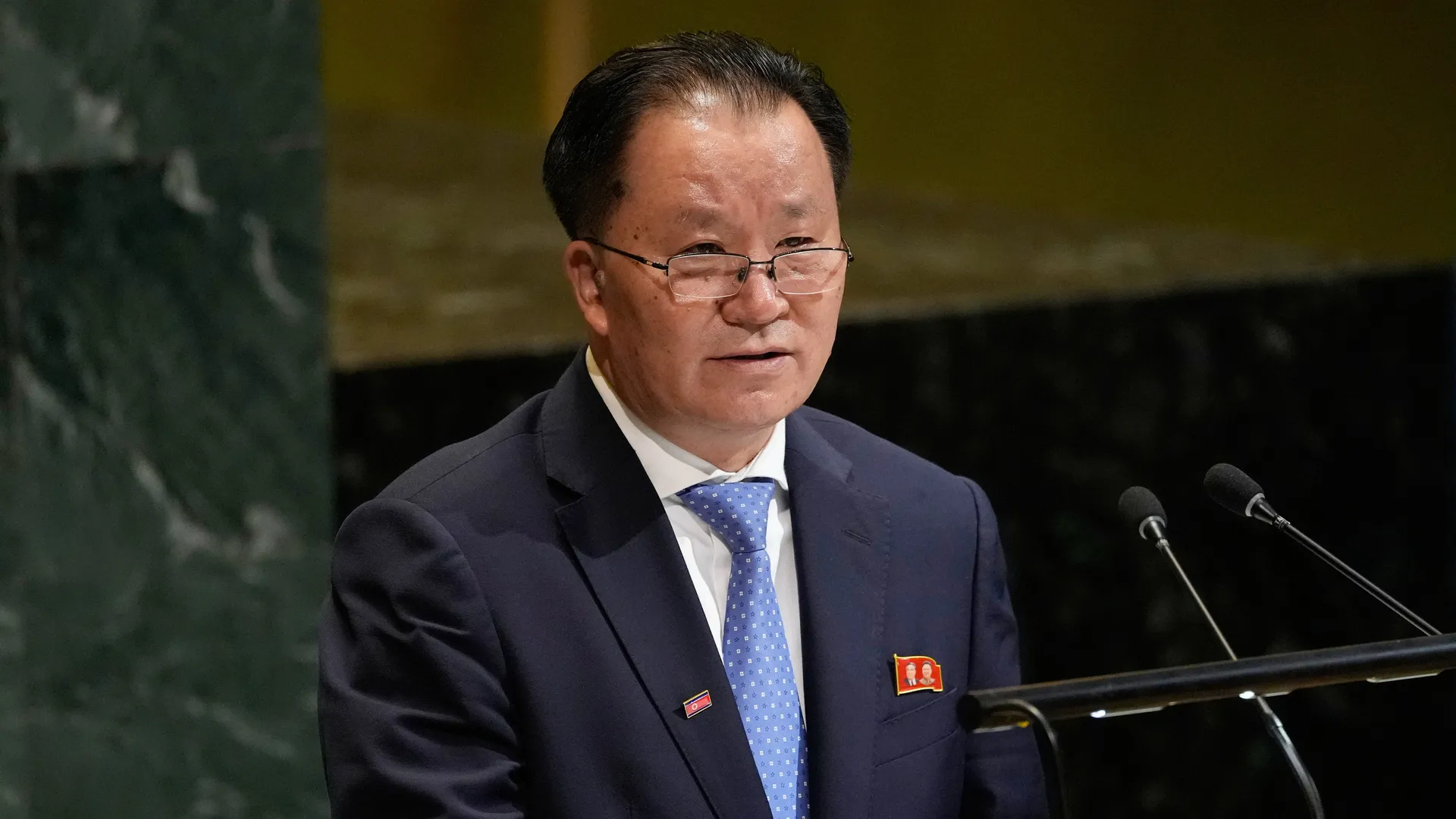
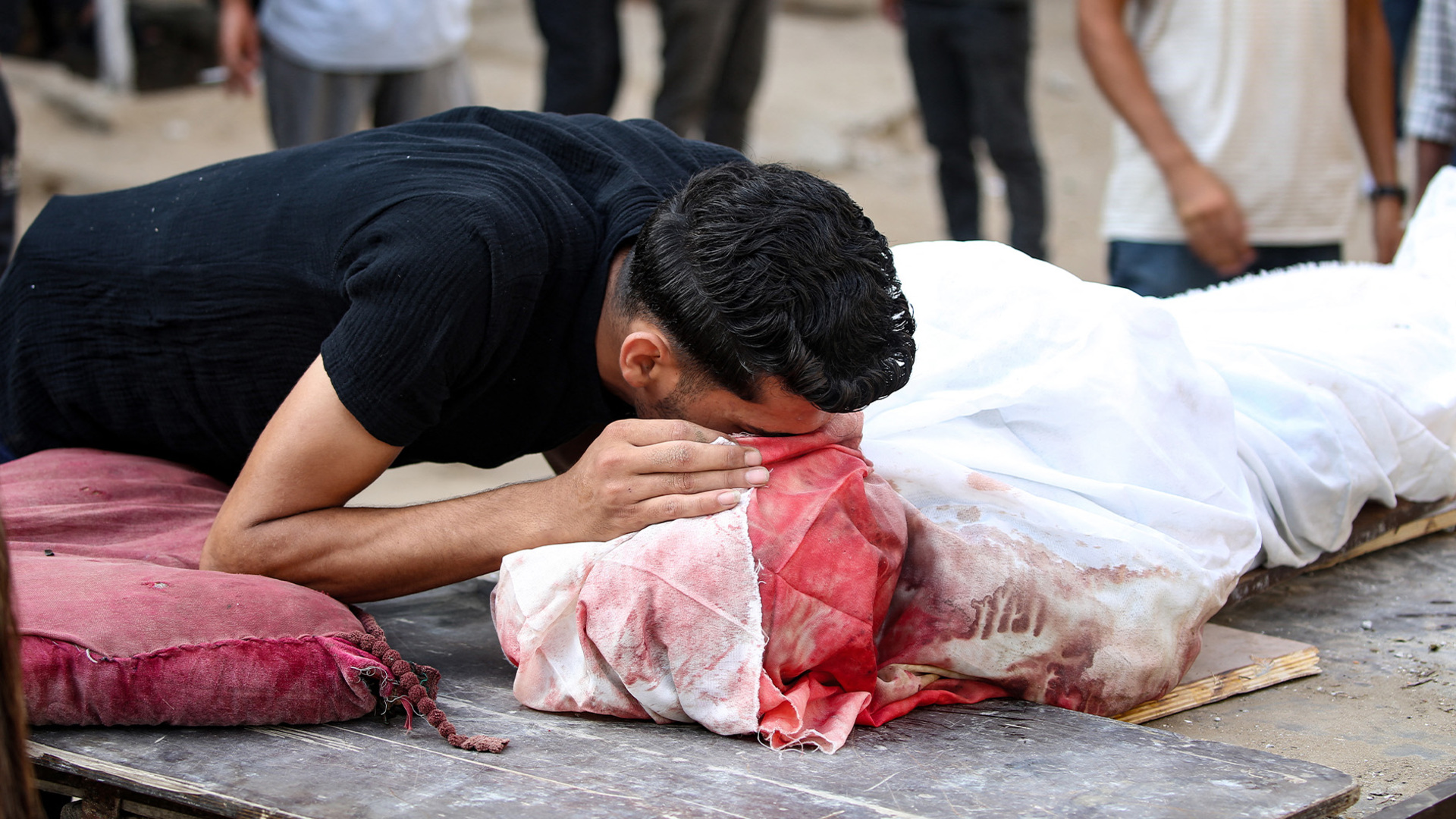
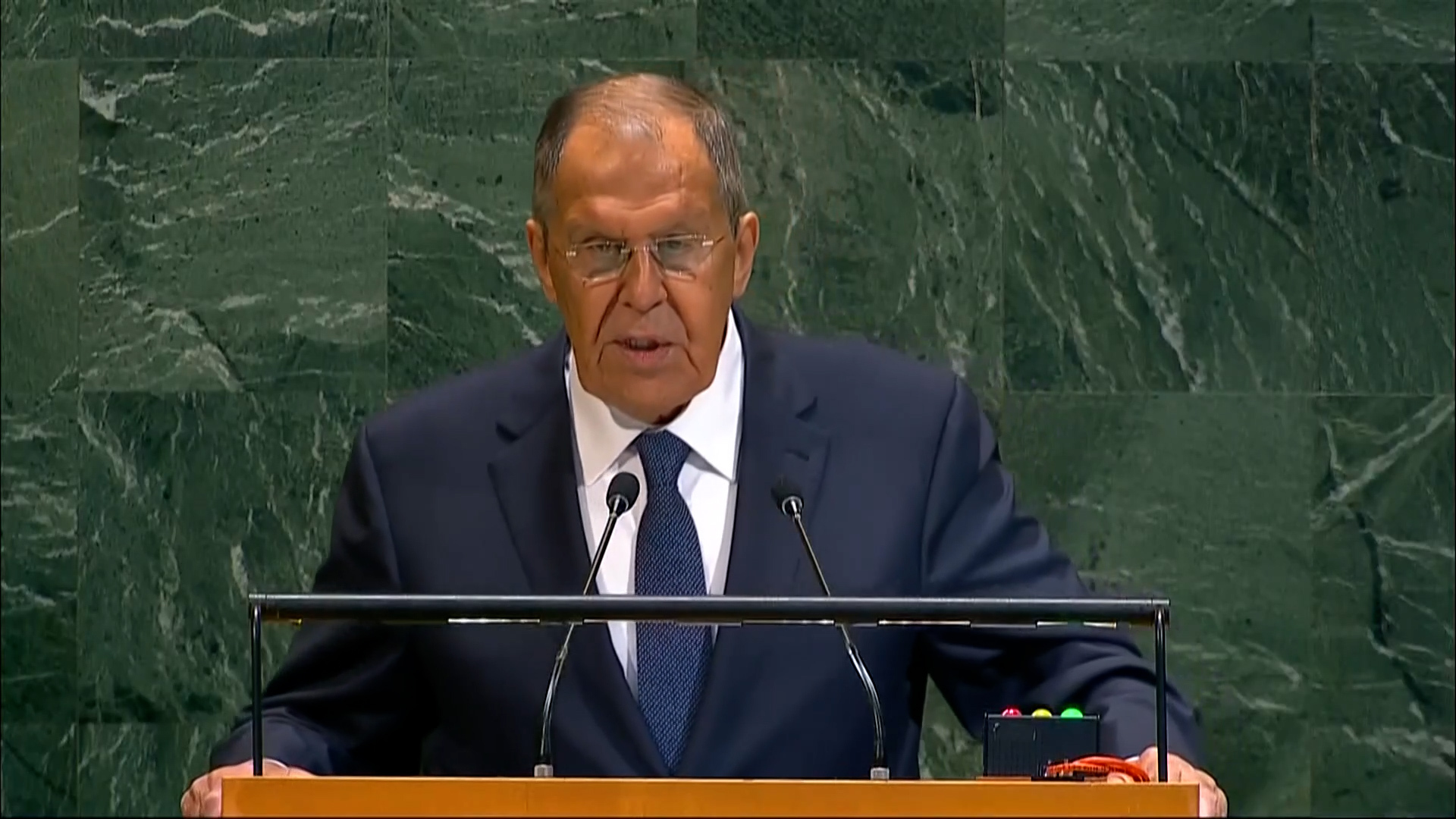
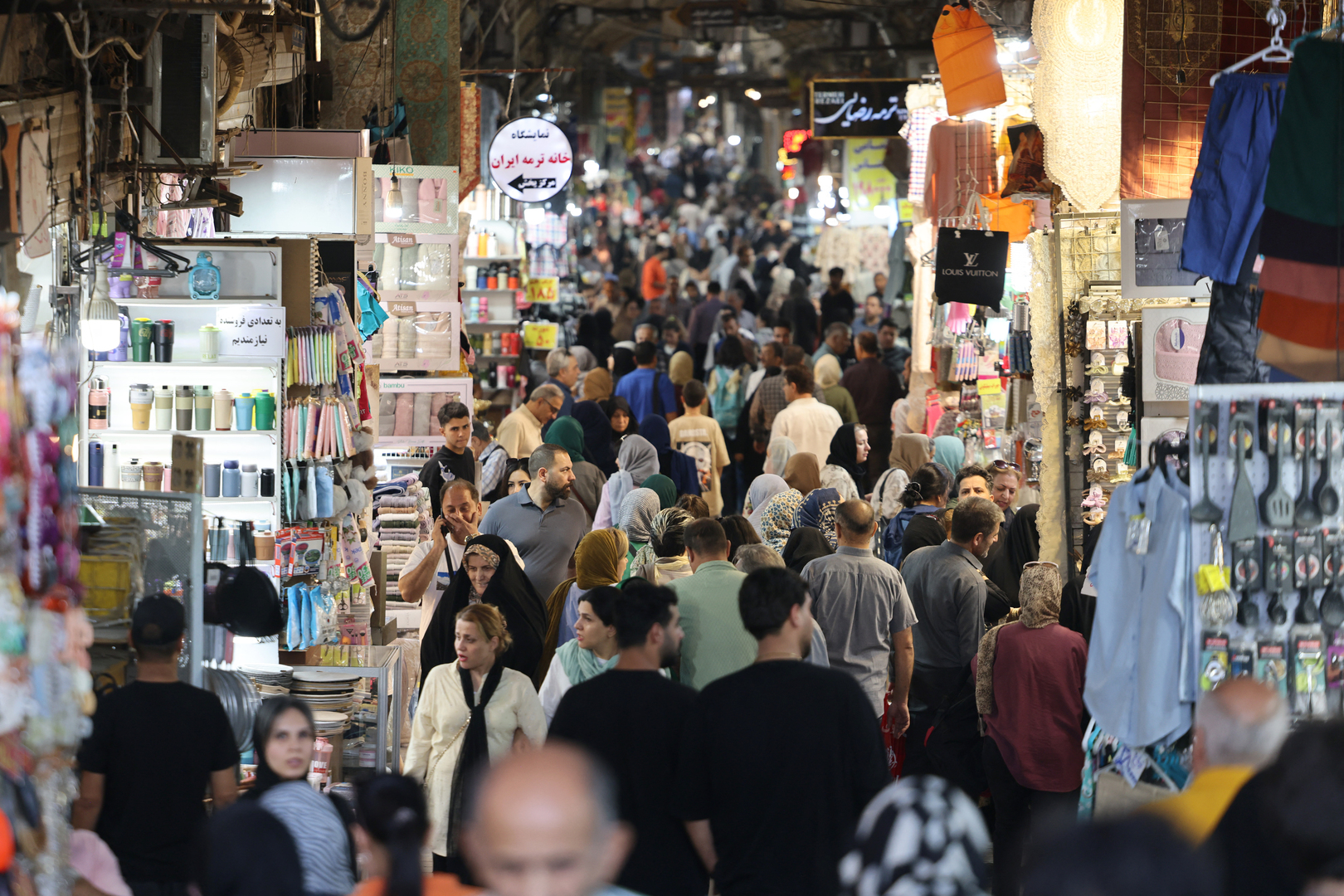
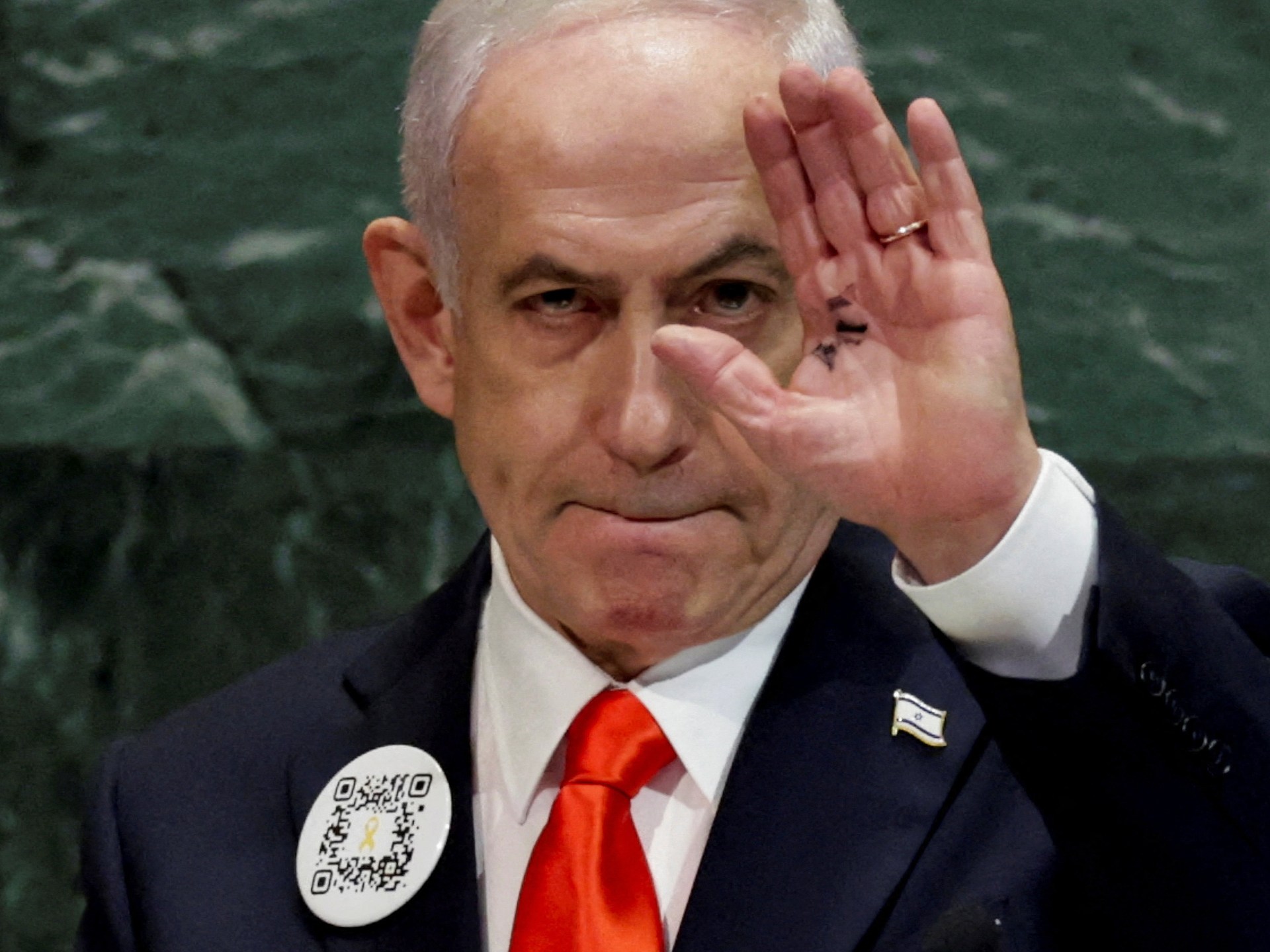
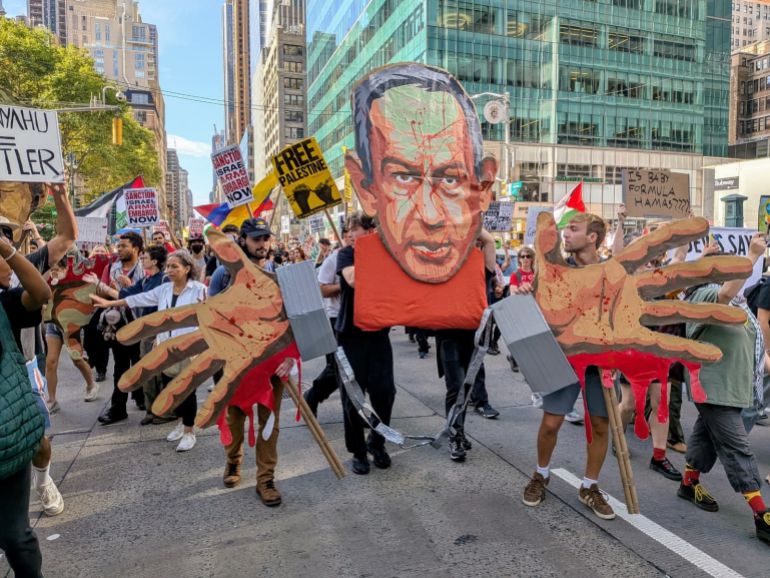

![Palestine solidarity protesters gather in NYC as Netanyahu speaks [Ali Harb/Al Jazeera]](https://www.aljazeera.com/wp-content/uploads/2025/09/WhatsApp-Image-2025-09-26-at-09.45.58-1758896030.jpeg?w=770&resize=770%2C578&quality=80)
